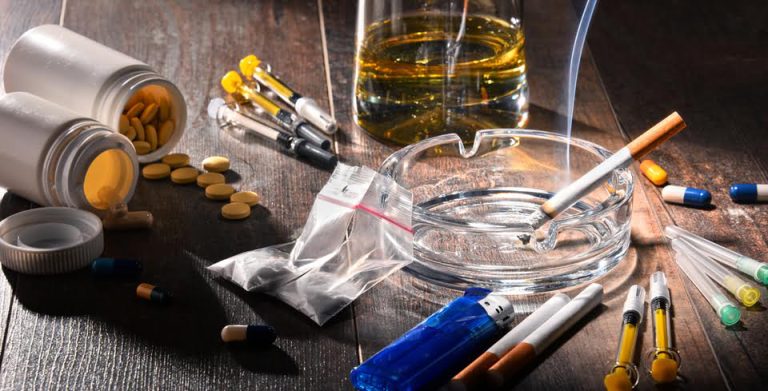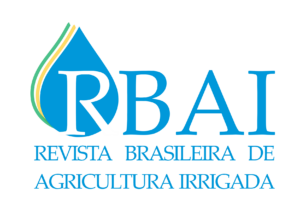Content
Your phone can also be helpful in pretending to receive a call so you can excuse yourself. If you are comfortable in being more direct, you can confront the unnarcissism and alcoholismy treatment by saying, “I’m going to excuse myself. We can discuss this when you are ready to speak constructively”. Pincus A, Cain N, Wright A. Narcissistic grandiosity and narcissistic vulnerability in psychotherapy. Nolen-Hoeksema S. Gender differences in risk factors and consequences for alcohol use and problems. 345 college students (28% male, 72% female) from a Midwestern university were recruited from undergraduate psychology courses from April 2015 to October 2016.

One studyinvestigated alcohol and narcissism in college students. The researchers found that grandiose narcissism, i.e., overt narcissism, was a positive predictor of alcohol consumption. People in this group were also less likely to see their alcohol use as a problem. Narcissism is a personality disorder that may cause individuals to portray self-involved behaviors.
Ego and Alcohol: The Similarities
Get on the path to recovery today, and reach out for help. Recovery success depends to a great extent on making lifestyle changes. In treatment, there will be classes to teach about how addiction transpires, and ways to avoid relapse.

While it is partially true that an individual can begin drinking due to a stressful environment or to let loose in hopes of feeling better, this can damage relationships. The traits that come along with narcissistic personality disorder can make it difficult to cope. It is important to practice self-care, recognize that their behavior is not your fault and set boundaries to prevent falling victim to manipulative tactics. When people have a mental health condition that co-occurs with a substance misuse disorder, such as AUD, doctors may refer to this as dual diagnosis.
What causes each condition — can one cause the other?
They are extremely self-interested and often don’t think of other people’s feelings and emotions. Both alcoholics and narcissists suffer from severe cravings. Alcoholics crave alcohol, while narcissists crave attention and the feeling of superiority. Don’t try to protect narcissists or alcoholics from the consequences of their dysfunctional actions. Prone to withdraw, stonewall, or attack when confronted. Narcissists and alcoholics can become highly defensive if you question their actions or point out their unhealthy behaviors. Both may sulk, become non-communicative, or lash out at you for pointing out the faults and dysfunction they desperately seek to deny or hide.
An example of this would be if the individual went to a party and stated they were only having a couple of drinks but late drinks more than intended. Narcissisminvolves feelings of self-importance and difficulty accepting fault for one’s mistakes. The disorder usually involves incorrect perceptions about their life and how people think of them. People with narcissism believe their version of reality is accurate and can be unconcerned with the damage that their arrogant and manipulative behavior does to other people.
Doctor explains the relationship between narcissistic personality disorder and alcoholism
Here’s why they happen, plus tips on treatment and support for stopping meth use. Healthline has strict sourcing guidelines and relies on peer-reviewed studies, academic research institutions, and medical associations. Sian Ferguson is a freelance health and cannabis writer based in Cape Town, South Africa.
- It found that narcissism was a predictor of alcohol consumption and alcohol-related problems.
- Traits like narcissism and personality disorders like NPD are long-standing.
- Other signs of NPD include excessive lying, extreme envy, and condescension.
- To maintain a sense of superiority they must hide these feelings, so a substance becomes a tool to that end.
The longer the feelings are unaddressed, the more daunting it can become to look inward and face them. If the clinician or patient misses the underlying NPD diagnosis, the person will continue to relapse. PTSD is a psychiatric disorder that affects people who have witnessed or experienced traumatic events.






